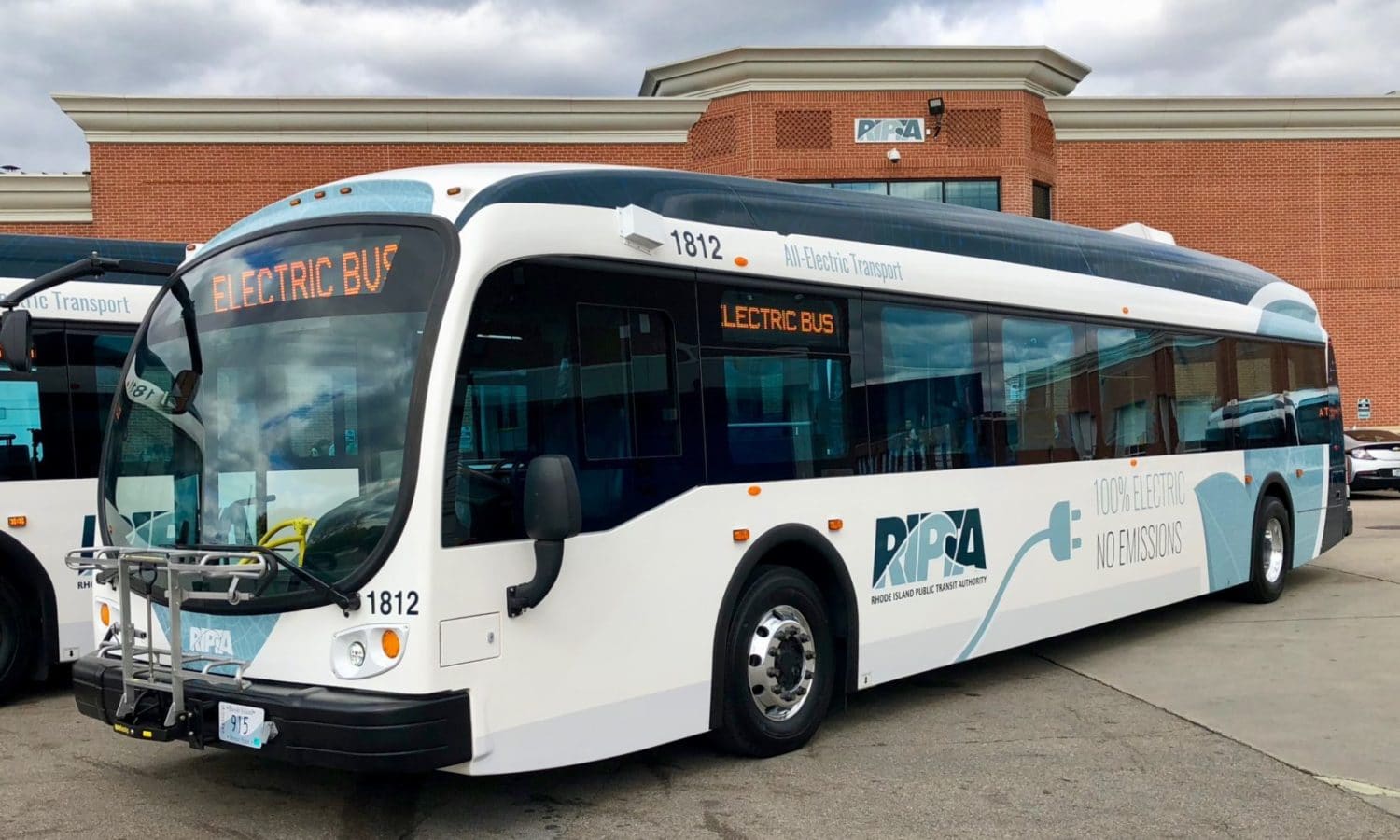What’s going on in Kennedy Plaza?
“We’d all benefit by this approach, embracing, instead of rejecting transit. It could improve mobility, help attract progressive entrepreneurs who value good transit, reduce congestion, enhance safety, help keep our energy dollars in the state’s economy, and support the fight against climate change.” What’s going on in Kennedy Plaza, the central bus hub in Providence, is that many people who
October 26, 2019, 4:17 pm
By Barry Schiller
“We’d all benefit by this approach, embracing, instead of rejecting transit. It could improve mobility, help attract progressive entrepreneurs who value good transit, reduce congestion, enhance safety, help keep our energy dollars in the state’s economy, and support the fight against climate change.”
What’s going on in Kennedy Plaza, the central bus hub in Providence, is that many people who are visibly poor, or disabled, disproportionately of color, and, at certain times, lots of high school students, are waiting for buses or hanging out there. At least that is the way some of downtown businessmen see it, and they think that crowd makes it harder to attract clients and customers, and to lease space in the nearby buildings.
Their solution? Move the buses, and thus they hope, the bus passengers, out of Kennedy Plaza. Their leader, former Mayor Joe Paolino has the connections to get the Governor to support exactly that. Hence the recent Rhode Island Department of Transportation (RIDOT) plan to use the $35M in bonds for improving transit hubs that voters approved in 2014 to disperse most of the bus stops, maybe creating some vague new “hubs” near the Garrahy Court House and the remote Victory Plating site where Point Street and I-95 intersect. The plan also calls for spending that bond money to turn some of Washington St that goes through Kennedy Plaza into a tunnel. Perhaps Governor Gina Raimondo would like to give out contracts for that $35M before her term expires, though the legality of using the transit bonds for that tunnel might be challenged.
The tunnel idea was widely ridiculed and might be discarded, but the real agenda is not the tunnel but to get the poor bus riders out of Kennedy Plaza. At this week’s RIPTA Board meeting it was announced the final design of the new system will completed in the next few weeks and put out to bid soon after. This despite no opportunity for the passengers or the public generally to have any input, while squandering the $35M that might be needed for the Transit Master Plan being developed and whatever strategy might come out of the Transportation Climate Initiative to reduce greenhouse gases.
While passengers have not been consulted, the business oriented Providence Foundation was. They objected to the silly tunnel, but wanted even the few bus stops slated to remain in Kennedy Plaza moved out too. They were also cool to a bus hub at the Garrahy Court House and even on the South (city) side of the train station, suggesting buses there use the State House side where presumably there are no offices to be bothered by poor bus riders.
All this means the bus transit system will be more confusing and transferring more difficult. Passengers will have less access, if any, to indoor shelters with bathrooms, information, tickets, and security.
By the way, downtown Providence is not the only area where bus passengers seem unwelcome. RIPTA has had similar problems locating stops at some shopping centers, as well as in downtown Woonsocket and Pawtucket.
Providence’s financial district is indeed struggling, witness the empty “Superman” building. We have a societal stake in making that area more successful, but there is an alternative strategy to that of getting rid of the buses. Instead, use them as an asset, as good access by transit to everywhere is the area’s one transportation advantage.
To do this Kennedy Plaza could use some improvements. For example, enhancing security, as well as making the terminal building more inviting and keeping it open in the evenings. The bus presence could diminish if there were more routes going through Kennedy Plaza instead of terminating and circling around and going back. New fare technology will speed up boarding, signal priority gets the buses out of Kennedy Plaza quicker, and more frequent service reduces waiting time hanging around.
Providence city government had a true stakeholder process that came up with some good ideas, including combining the skating rink with Burnside Park to make one big connected public space. The Parks Conservancy that restored Burnside Park has shown that a bus hub and a successful public space can exist side by side, indeed the buses can bring people to the programs in the public space!
The business community can help too, by promoting transit use by its employees and visitors. Our commute-by-transit rate is very low, but unlike the private colleges that have supported “Upass” promotions, RIPTA’s “ecopass” for partnering with business has had negligible results. State government could do more. For example they could implement the law requiring public transit to help reduce state employee commuting miles, or by getting the University of Rhode Island’s Providence Campus, which gives “free” parking to all students, faculty and staff, to also join the UPass. Promotion makes a difference. Downtown Columbus, Ohio businesses, apparently more left-wing than those in Providence, financed free transit passes for their commuters and reports are it doubled commuter ridership.
We’d all benefit by this approach, embracing, instead of rejecting transit. It could improve mobility, help attract progressive entrepreneurs who value good transit, reduce congestion, enhance safety, help keep our energy dollars in the state’s economy, and support the fight against climate change.
To those interested, I suggest asking Governor Raimondo to withdraw the Paolino Plan and instead establish a collaborative process of diverse stakeholders (including riders and yes, the business community too!) to improve Kennedy Plaza, spend the bond money wisely, and make transit work better for all.






